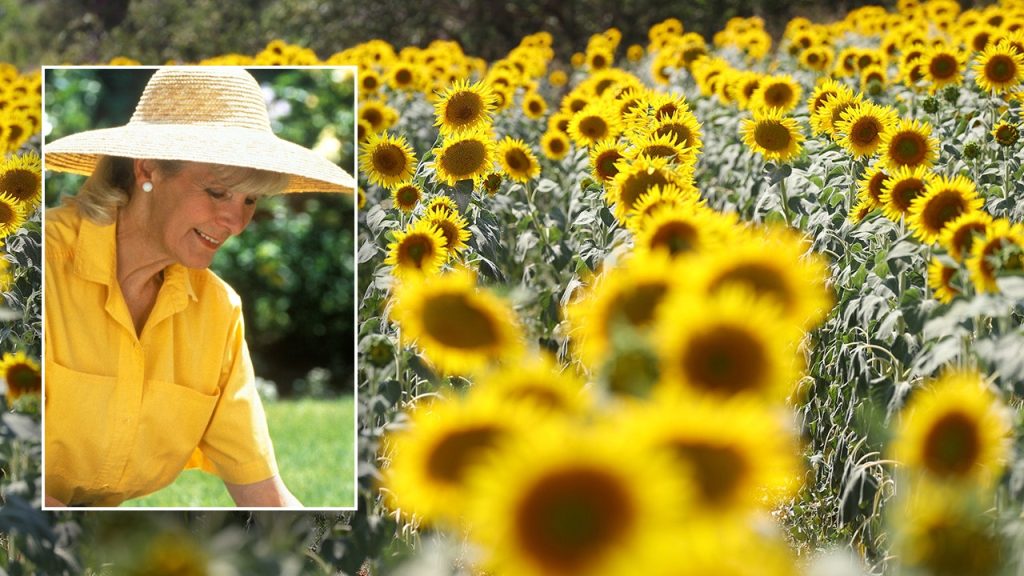Flowers have always been used to convey messages, whether to another person or as a reminder of a meaningful message when planted in a garden. Understanding the meaning behind different flowers can help you choose the perfect bouquet for an occasion such as a birthday, holiday, anniversary, or just because. Flower meanings can also guide your choices in gardening, helping you create a garden that reflects your emotions and intentions. Flowers have been used throughout history to express unspoken messages, with each flower having a specific meaning or symbolism attached to it.
Weddings are another occasion where flower meanings play a significant role. Couples often choose flowers for their wedding day based on their meanings, to add a touch of symbolism to their special day. In the Victorian era, flowers were used to deliver messages, with each flower conveying a specific feeling or sentiment. Even the way flowers were presented, such as being held in a certain hand or presented upside down, could convey a particular message. Flower colors also play a role in symbolism, with each color representing different emotions or meanings.
Some popular flowers and their meanings include aster, which symbolizes love and is associated with September birthdays. Baby’s breath represents everlasting love and is often used as a background flower in bouquets. Lilies come in various types, each with a different meaning, such as white lilies symbolizing purity and orange lilies representing hatred. Carnations symbolize fascination and love, making them a popular choice for Mother’s Day gifts. Daisies are associated with innocence and love, making them a versatile and adaptable flower to grow.
Gladiolus, also known as sword lilies, symbolize strength, victory, and integrity, making them a striking addition to any garden. Roses are a classic choice for gifts, with different colors representing different emotions, such as love, happiness, innocence, jealousy, and mourning. Sunflowers, with their bright and cheerful appearance, symbolize adoration or haughtiness, depending on their size. Tulips, often enjoyed in gardens or pick-your-own farms, represent deep love, particularly red tulips.
Understanding the meanings behind different flowers can help you choose the perfect bouquet or garden arrangement for any occasion. Whether you’re looking to convey a specific message to someone or simply want to add a touch of symbolism to your space, flowers offer a beautiful and meaningful way to express emotions and intentions. Next time you gift a bouquet or plant a garden, consider the meanings behind the flowers you choose to create a more thoughtful and personalized gesture.


